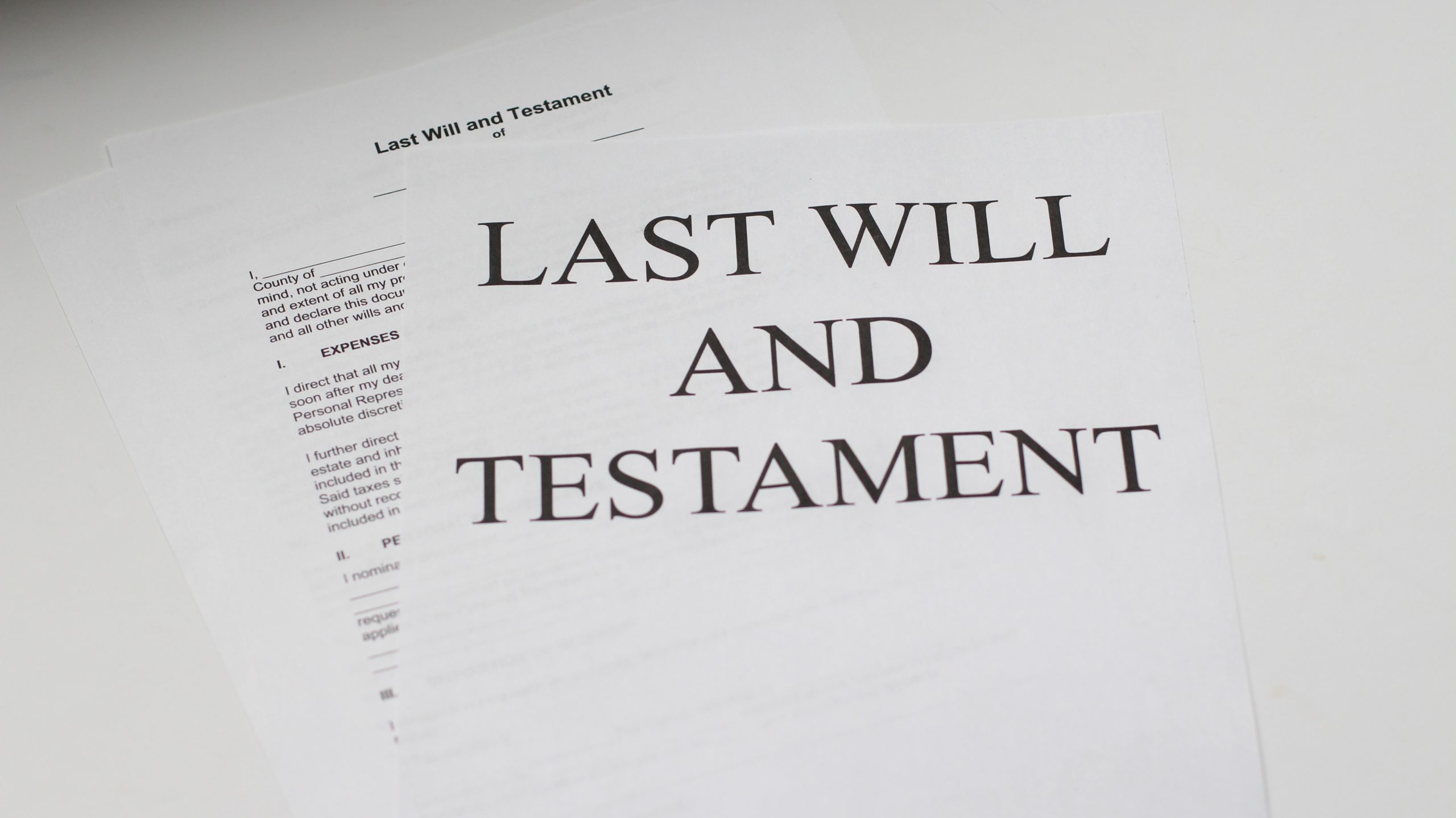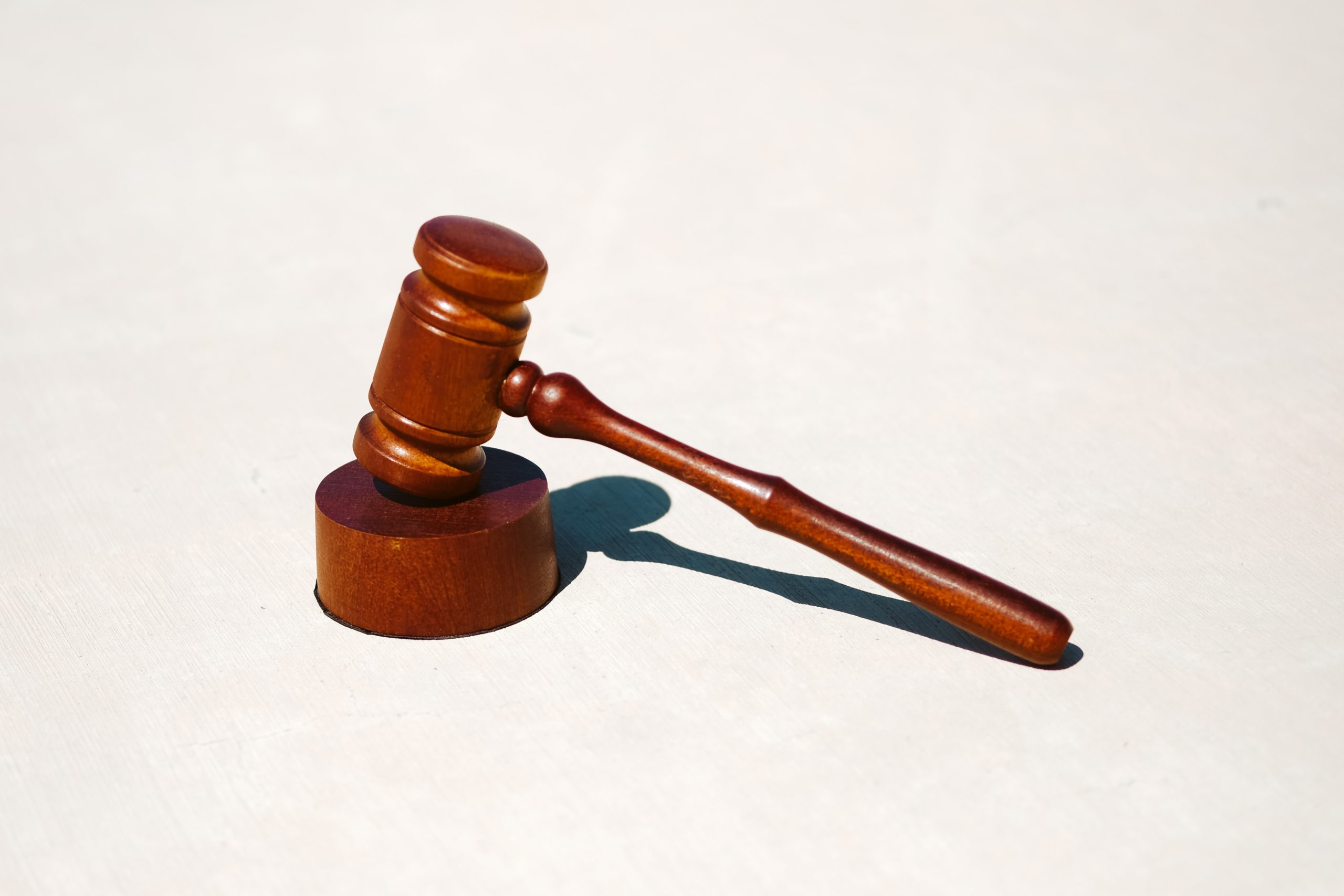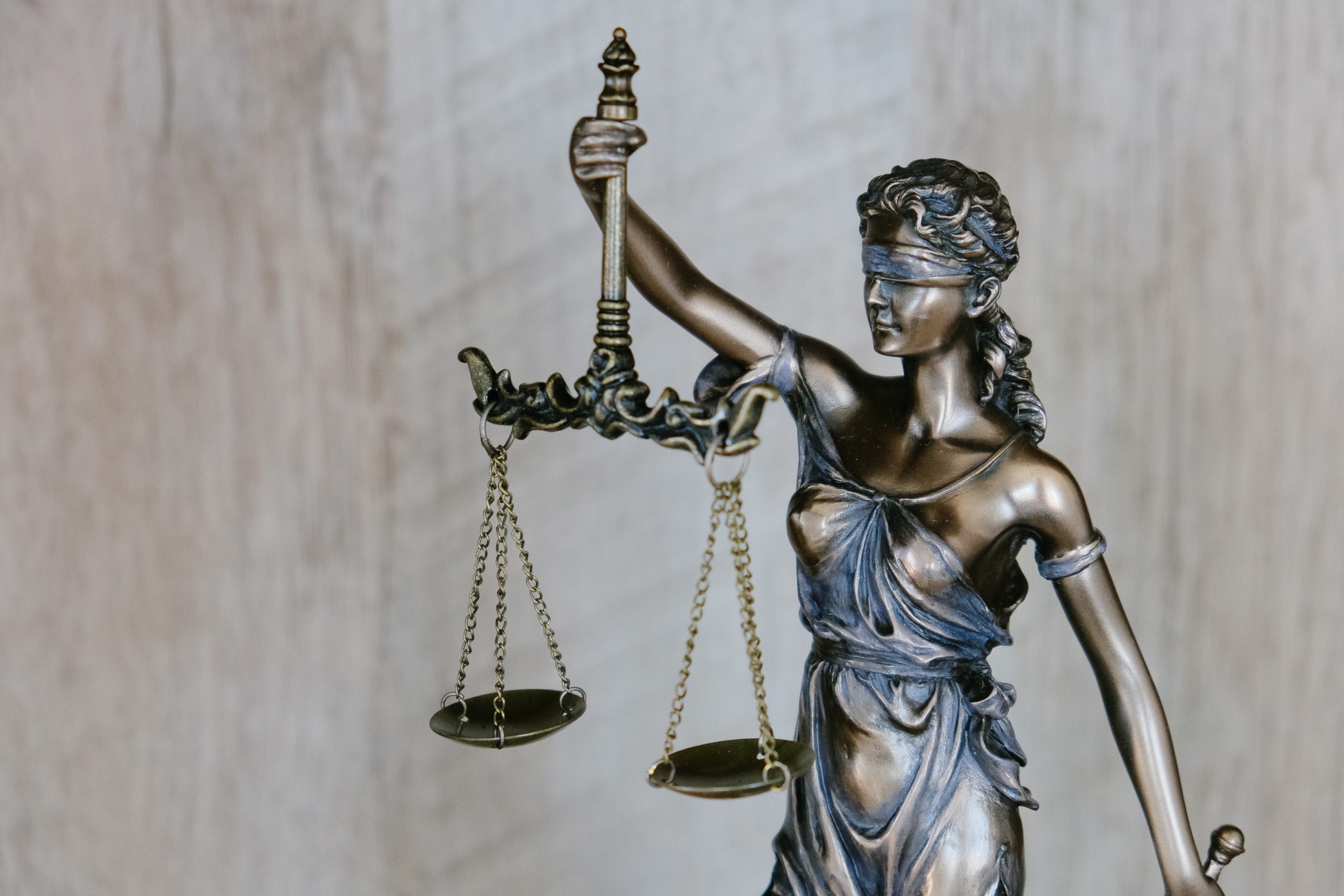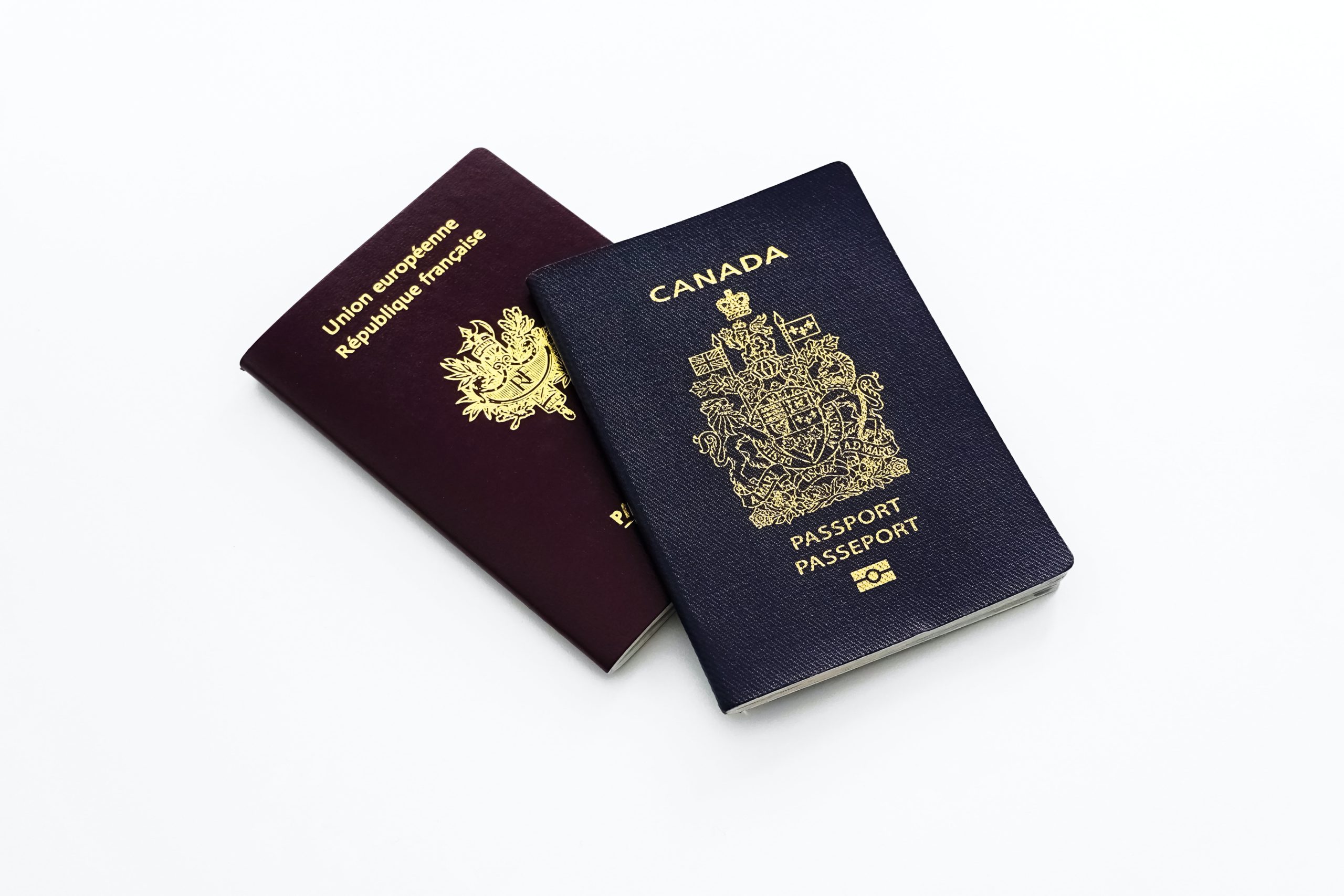Estate planning is often seen as something only for people with families—spouses, children, and perhaps even grandchildren. However, if you’re single, childless, or don’t have a long-term partner, it can be easy to think that estate planning doesn’t apply to you. The truth is, it’s just as important for you to have a will and a solid estate plan in place. Here’s why:
- Control Over Your Assets
Without an estate plan, Ontario legislation known as the Succession Law Reform Act state will decide how to distribute your assets. This is done through a legal process known as “intestate succession,” which prioritizes close relatives like parents, siblings, or more distant family members. If you want to have control over where your assets go—whether it’s to friends, charitable organizations, or other loved ones—you need a will.
An estate plan allows you to:
-
- Leave specific assets to people or causes that matter to you.
- Designate items of sentimental or financial value to those you care about.
- Ensure that your estate goes to someone of your choosing rather than following the state’s default rules.
- Appoint a Trusted Executor
If you don’t name an executor, someone you may not want in that role may step up. Having a will allows you to select a reliable and capable person to carry out your wishes, handle your affairs, and ensure everything is done as you’ve instructed.
This person will be responsible for:
-
- Paying off debts.
- Distributing assets according to your will.
- Handling the legal and financial responsibilities of closing your estate.
By naming an executor, you give yourself peace of mind knowing someone you trust will manage your estate.
- Healthcare and Financial Decisions
Estate planning isn’t just about distributing assets. It also includes important decisions about your healthcare and finances in case you become incapacitated and unable to make decisions for yourself.
-
- Power of Attorney for Personal Care: document allows you to designate someone to make medical decisions on your behalf if you’re unable to do so.
- Living will: In your Power of Attorney for Personal Care, or in a separate Living Will, you can outline your preferences for medical treatment, such as whether you’d like to be kept on life support.
- Power of Attorney for Property: You can assign someone to manage your financial affairs in case you’re incapacitated.
Without these in place, decisions about your health and finances may be made by someone you wouldn’t choose or who doesn’t fully understand your wishes.
- Avoid Family Conflicts
Even if you have no children or spouse, disputes among extended family members can still arise over your assets. Sibling rivalry, disagreements among cousins, or tensions with distant relatives can lead to lengthy legal battles, which not only drain resources but can also strain or destroy family relationships.
By clearly stating your intentions in a legally binding document, you can minimize potential conflicts and help ensure a smoother process for your loved ones.
- Leave a Legacy
An estate plan allows you to leave a lasting impact beyond your immediate family. Many single, childless people choose to donate a portion of their estate to causes they care about. Whether it’s supporting charities, scholarships, or nonprofits, estate planning provides an opportunity to leave a legacy aligned with your values.
If you want to give back, but have not set up an estate plan, your assets may never go to the causes you care about.
- Digital Assets
We live in a digital world where much of our lives—personal photos, social media accounts, emails, and financial information—is stored online. An estate plan can ensure that your digital footprint is managed according to your wishes. You can designate someone to close or manage your online accounts, and leave instructions on what should happen to digital assets, such as cryptocurrency or cloud-stored data.
Without clear instructions, these accounts may remain active or be handled in a way that goes against your preferences.
- Pet Care
If you have pets, an estate plan allows you to make sure they are cared for after you’re gone. You can name someone to take custody of your pets and even set aside funds for their care. Without a plan in place, your pets could end up in a shelter or with someone you wouldn’t have chosen.
Conclusion: Estate Planning Isn’t Just for Families
Whether you have a large family or none at all, estate planning is a powerful tool for protecting your wishes, your assets, and your legacy. It’s about making sure your voice is heard, even when you’re no longer here to speak for yourself. By taking the time to create a will and other essential documents, you can spare your loved ones from unnecessary stress, ensure that your healthcare and financial matters are handled appropriately, and leave a legacy that reflects who you are and what you care about.
Don’t wait for the unexpected—start planning today. Your future self, and your loved ones, will thank you.
Call for more info!Don’t delay – call us today to start your estate planning journey today to secure your future and the future of those you care about.








